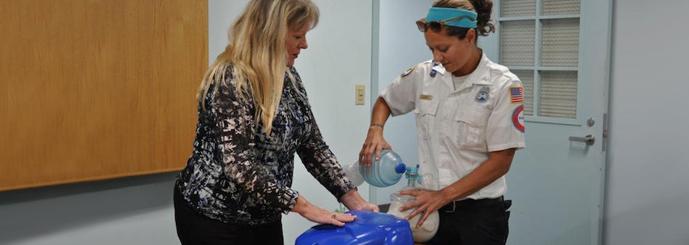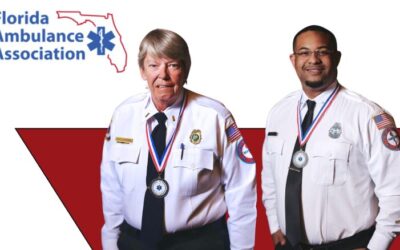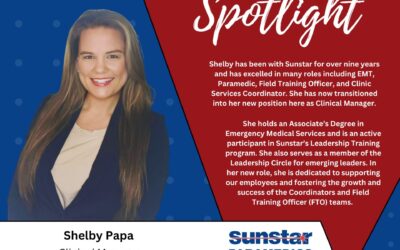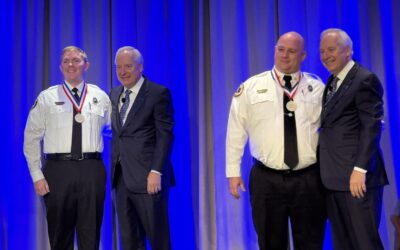Four out of five sudden cardiac arrest episodes occur in the home, and effective cardiopulmonary resuscitation (CPR) immediately after it occurs can double to triple the person’s chance of survival. The American Heart Association states it quite clearly: The life you save with CPR is very likely someone you love.
Anyone over the age of eight years is capable of performing CPR effectively after receiving training on it, however, most people (70%) feel helpless in an emergency because they don’t know how to administer CPR or their training has significantly lapsed.
Teaching people how to save a life with CPR is Doreen Schomp’s favorite part of her job as education and training assistant at Sunstar Paramedics.
“Everyone should know CPR. You never know when an emergency will happen,” said Doreen Schomp. “I recommend that anyone over the age of 8 takes at least an introductory course to be prepared.”
Sunstar offers CPR courses each month on the third Saturday at Sunstar’s headquarters in Largo. Sunstar teaches four types of courses allow people with different experience levels and certification needs select the course that’s right for them.
Each of the four courses provides instruction on how to perform CPR on adults, children and infants, and how to provide choking relief. In addition, the courses provide instruction using an automotive external defibrillator (AED), which uses electric currents to correct heart arrhythmias in order to treat a heart attack or cardiac arrest. AEDs are stored in most public areas, including malls, county parks and airports, and a 9-1-1 dispatcher will direct you to the closet AED in an emergency.
Here’s an overview of the four courses that Sunstar offers:
- Friends and Family CPR is an introductory course perfect for anyone who wants to learn basics steps to respond to an emergency. Baby-sitters, parents, and family members of patient with heart conditions or health scare should consider taking this course, which does not offer certification.
- The Heartsaver® course is designed for people who are not medical professionals but need CPR certification for their profession, such as taxi drivers, life guards, office building managers, boat captains, or daycare providers. Florida high school students enrolled the Health Opportunities through Physical Education (HOPE) course can take the Heartsaver course to receive credit.
- Healthcare Provider courses are for medical professionals who need CPR certification for their profession, such as doctors, nurses, paramedics and EMTs. Students will learn how to recognize life-threatening emergencies and operate a bag mask valve, in addition to CPR, AED use and choking relief. This course uses scenarios that medical professionals may encounter on the job to demonstrate the proper response.
- The First Aid course is ideal for Boy Scouts, Girl Scouts and anyone who wants to be able to identify and respond to emergencies such as broken bones, internal bleeding, fainting, burns, poisoning, animal bites or heat stroke, along with learning CPR, AED use and how to provide choking relief.
Each of the four CPR courses follows the curriculum developed by the American Heart Association, which certifies the course and each instructor.
In addition to providing classes at Sunstar’s headquarters, instructors teach group classes at doctor’s offices, mobile home parks, sports complexes, fitness centers and other off-site locations. Schomp estimates that the 113 instructors teach CPR to more than 800 people in Pinellas County every year.
Sunstar can also assist individuals with their CPR certification renewal. After the written test is completed, instructors supervise the skills assessment portion of the renewal course during individual appointments. Appointments times are available Monday through Friday from 8 a.m. to 5 p.m.



